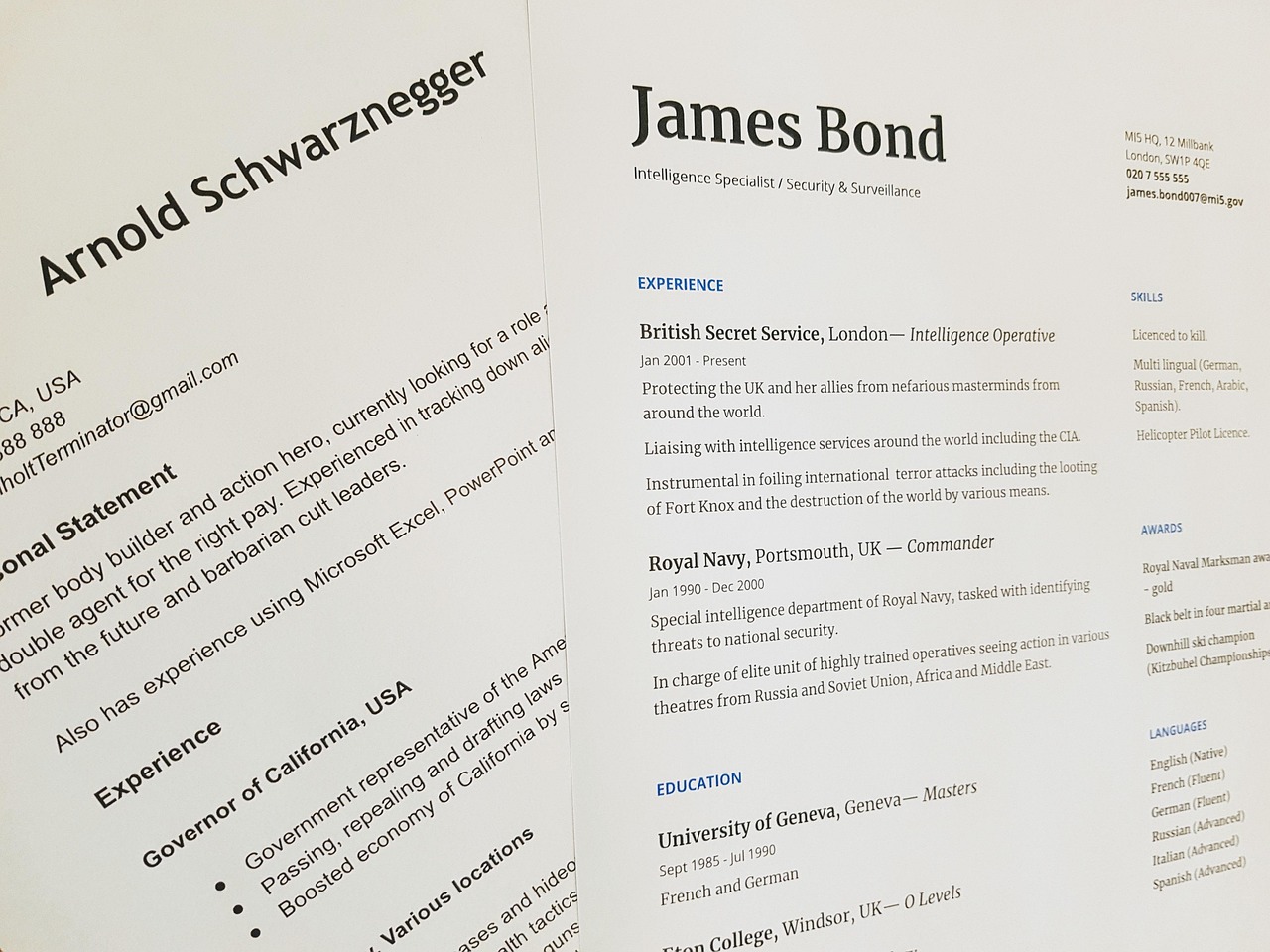Shifting Dynamics of Workplace Culture in the Era of Remote Work
Introduction: Delve into the remarkable transformation of workplace culture, spurred by the advent of remote work. Discover how geographical boundaries have blurred, and the traditional office space has been redefined. Read below to understand the profound implications of this shift on societal norms, identities, and human interactions.

The Genesis of Workplace Culture and its Evolution
Workplace culture, a critical determinant of employee satisfaction and productivity, has been an area of interest in sociology for decades. Rooted in the industrial revolution, the traditional office culture was characterized by structured hours, rigid hierarchies, and a clear demarcation between personal and professional lives. However, the recent rise of remote work, catalyzed by the COVID-19 pandemic, has heralded a radical shift in this paradigm.
The Catalysts and Characteristics of Remote Work Culture
The shift towards remote work was propelled by the need for safety and flexibility during the pandemic. As the world grappled with uncertainty, businesses turned to digital platforms, adopting a culture that valued results over hours spent at a desk. The new remote work culture is marked by flexible schedules, virtual collaborations, and an emphasis on work-life balance. It also brings unique challenges, including the blurring of boundaries between personal and professional spaces and the potential for isolation or overwork.
The Societal Impact and Cultural Shifts Stemming from Remote Work
The impact of remote work extends beyond the economy and into societal norms. It blurs geographical borders, allowing companies to tap into a global talent pool, and employees to work from wherever they choose. It challenges traditional gender roles, with potential to equalize household responsibilities. However, it also raises concerns about the digital divide and the accessibility of remote work opportunities.
The Changing Dynamics of Human Interaction and Identity in Remote Work
In a remote work setting, interactions shift from water-cooler conversations to video calls and instant messaging. This change can impact team dynamics and interpersonal relationships. On one hand, it allows introverted individuals to thrive; on the other, it may lead to feelings of isolation. The shift also influences professional identities, with employees now being evaluated on their output rather than hours spent in the office.
Looking Ahead: The Future of Workplace Culture
As remote work becomes more prevalent, companies must adapt their policies to foster a positive and inclusive culture. This might include offering flexible hours, prioritizing mental health, and investing in virtual team building activities. As we navigate this new normal, it is crucial to continue examining and understanding these changes to ensure a balanced and equitable future of work.
In summary, the rise of remote work has had a profound impact on our society and culture, redefining traditional norms and reshaping human interactions. As we continue to adapt to this new paradigm, it’s essential we remain cognizant of both the opportunities and challenges it presents.




